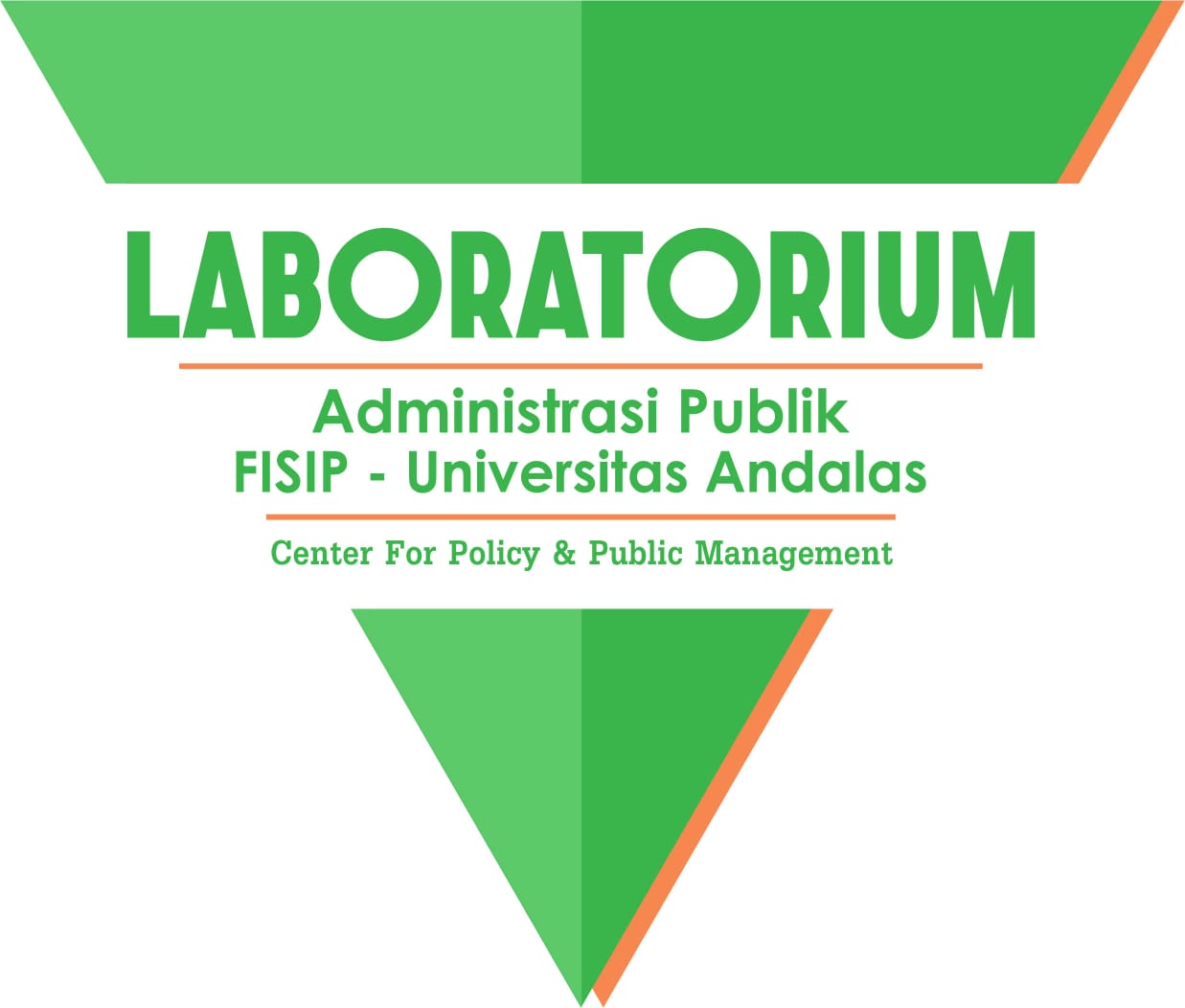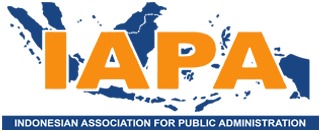Analisis Implementasi Kebijakan Perlindungan Lahan Gambut Untuk Tanaman Pangan Berkelanjutan
Abstract
The massive expansion of oil palm plantations for the benefit of the palm oil industry and its derivatives has an impact on ecosystem and environmental damage as well as large demands for land conversion that threaten agricultural land for food crops, which also threatens food security on it. Jebus Village, Kumpeh District, Muaro Jambi Regency, Jambi Province which has peat soil type for most of its land, in this case is one of the villages facing the problem of oil palm plantation expansion and land conversion which is starting to threaten agricultural land for food crops. Therefore, the Jebus Village Regulation No.1 of 2017 concerning the Protection of Peatlands for Sustainable Food Crops and Plantations was made to protect food land in Jebus village. This study aims to analyze the implementation of peatland protection for sustainable food crops in Jebus village. This research uses descriptive qualitative methods. The collection of various data is carried out with a combination of in-depth interview and observation techniques and is supported by data from research results or reports. Data processing uses coding to obtain meaning which is presented in narrative form. This study found that the implementation of the Village Regulation was able to reduce the threat of damage to peatlands, restrain the rate of conversion of food agricultural land into plantations that were not environmentally friendly. However, the implementation of this policy has not been able to guarantee the availability of staple food (rice) for the Jebus village community. In addition, policy implementation faces challenges that cannot be resolved at the village scale.
Downloads
Copyright (c) 2021 Muhammad Yusuf, Wenny Ira Reverawaty

This work is licensed under a Creative Commons Attribution-NonCommercial-ShareAlike 4.0 International License.










